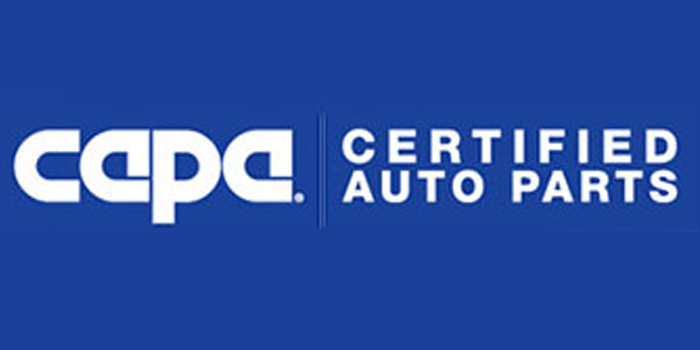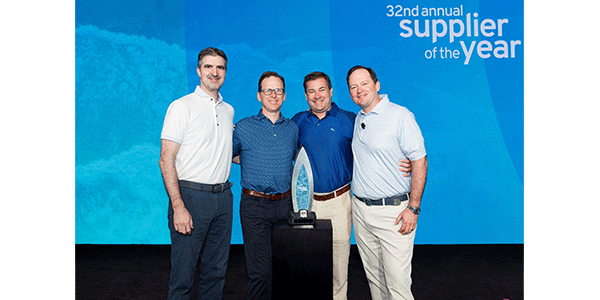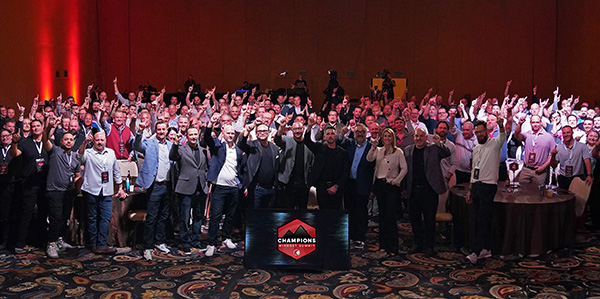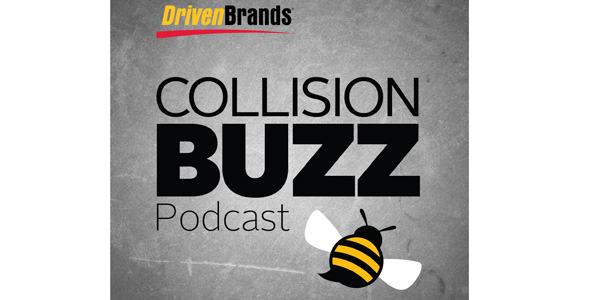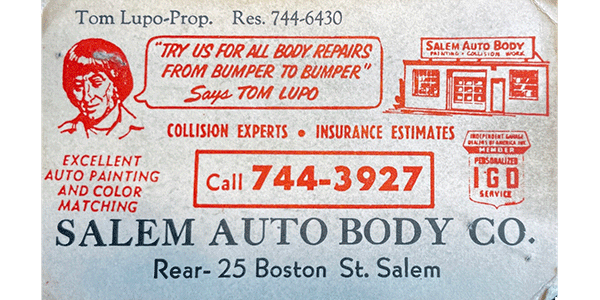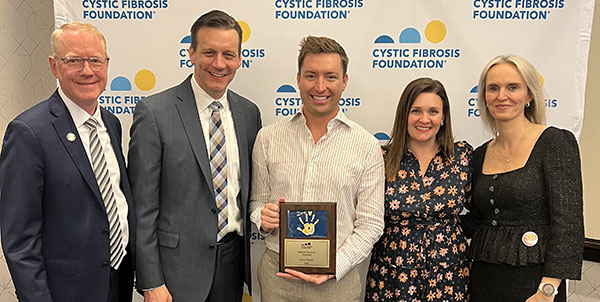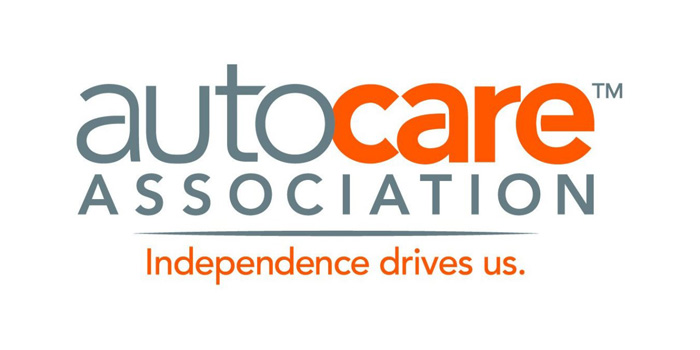The Certified Automotive Parts Association (CAPA) announced that it reached a major milestone in January when over 10 million lighting parts achieved CAPA Certification. This number includes headlamps, tail lamps, fog lamps and reflectors. In 2016, CAPA certified 647 unique exterior lighting part numbers – the greatest number of lights in a single year since lighting parts were first CAPA Certified in 2005. This brings the total number of CAPA Certified lighting parts to 4,852, representing 7,262 applications.
“What is particularly important about these remarkable statistics is that CAPA absolutely insists that all CAPA Certified lights fully meet all FMVSS 108 safety requirements,” said CAPA Executive Director Jack Gillis.
The CAPA 301 Standard requires independent verification of compliance to Federal Motor Vehicle Safety Standard No. 108 which requires CAPA Certified lamps be tested in their “in-vehicle” position during photometric testing. The standard also includes requirements for performance testing, material composition, dimensions, appearance, function, construction and retaining features, as well as the CAPA-developed Vehicle Test Fit (VTF). In addition, because of the increased electronic complexity of lighting parts, CAPA certification includes requirements for electromagnetic compatibility (EMC) testing, which evaluates emissions and immunity.
“EMC is a key CAPA requirement because a lamp with an electronic device must function correctly when it is installed and it cannot cause other electronic devices near it to malfunction,” said Debbie Klouser, CAPA director of operations.
CAPA 101_201 Seal (3)CAPA Certified lighting parts, like all other CAPA Certified parts, are identified by the distinctive yellow CAPA seal, each with a unique number that provides traceability to the manufacturer of the part.
“Manufacturers who choose to put their lighting parts through the CAPA Certification process are certainly not taking the easiest route available to them,” said Gillis. “However, that’s why insurers, repairers and consumers can totally depend on the safety, reliability and performance of CAPA Certified lighting parts.”


